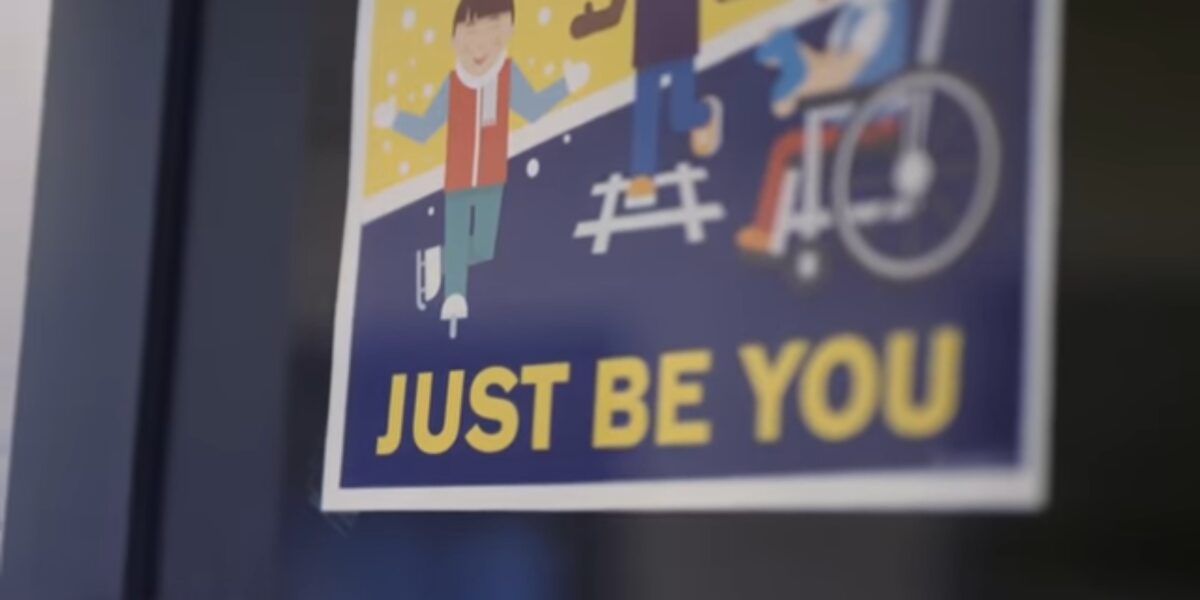SOGI 123 stands for Sexual Orientation and Gender Identity – an educational program which seeks to foster inclusivity and understanding in schools across Canada. Designed by the Awareness, Respect, and Capacity (ARC) Foundation, its name reflects its goal to make addressing sexual orientation and gender identity as easy as one, two, three.
Heather Vause, the Director of Community Engagement at ARC Foundation shared that the program includes “policies and procedures, inclusive learning environments, and age-appropriate teaching resources to help educators create a school environment where students feel safe, accepted, respected and welcome.”
Schools adopting SOGI 1 2 3 can access resources and supports in these three areas: first, implementing policies and procedures that explicitly reference SOGI to reduce discrimination and promote student well-being. Second, creating inclusive learning environments through signage, language choices, and extracurricular activities. Finally, developing lesson plans that incorporate diversity, respect, and examples of SOGI topics.
SOGI 123 facilitates change through three main avenues: provincial alignment, educator networks, and accessible resources. The program aims to create long term change and combat discrimination and allow students to flourish in the social and emotional spheres as well as the academic.
Heather Vause highlights that, “Most students go through life seeing themselves represented in the world around them. SOGI 123 helps ensure that 2SLGBTQ+ identities are reflected in the school environment, and that students can learn about the diversity of humanity. ”
One of the key components of the program’s lesson plans is an emphasis on treating others with respect and dignity.
Elementary resources include promoting inclusive and respectful language and discouraging gender stereotypes. Lessons for younger students that include recognizing diverse family structures, such as foster families or families with same-sex parents. For students in Grades 5 to 7, lessons address gender stereotypes and bullying, encouraging consideration of traditional gender expectations’ limitations and the challenges faced by those who challenge them.
SOGI 123 also offers lessons on Indigenous perspectives on gender for older students. Parents and educators can access SOGI 123 resources online, along with materials dispelling common myths about SOGI. The province also provides Erase, a resource covering topics like anti-racism, bullying, and mental health.
However in recent years, concerns have arisen regarding students being exposed to sexual content in classrooms, or learning about sex at an inappropriate age. SOGI 123 has highlighted that it is distinct from sexual education, which is a separate curricular component. Misinformation surrounding SOGI 123 and broader SOGI inclusion in schools persists.
In Alberta, SOGI 123 has been implemented for five years since its launch in 2017. Currently, six divisions in the Edmonton area are part of the Alberta SOGI Educator Network. In 2023, Edmonton saw a wave of protests from far right actors who comprise the 1 Million March 4 Children – a movement born out of the ‘parental rights movement’ which opposes inclusive education. Protestors described SOGI 123 as an ‘evil’ agenda comparable to that of Nazis. Such dissent coincided with a rise in anti-LGBTQIA+ hate.
In BC, SOGI 123 has been in practice for seven years, with all 60 districts participating in the BC SOGI 123 Network. Around the same time as the Edmonton protests, BC educational institutions received similar backlash for their implementation of SOGI 123. One of the proponents of the backlash was also 1 Million March 4 Children.
The province expects students to demonstrate knowledge of learning standards in consultation with their school.
“Schools have a responsibility to create safe and inclusive spaces for all students. SOGI-inclusive education is about recognizing the diversity of SOGI identities that exist in society and the importance of treating everyone with dignity and respect,” said Vause.
In essence, SOGI 123 aims to create safer and more inclusive environments for students of all sexual orientations and gender identities, fostering understanding and acceptance within school communities.



